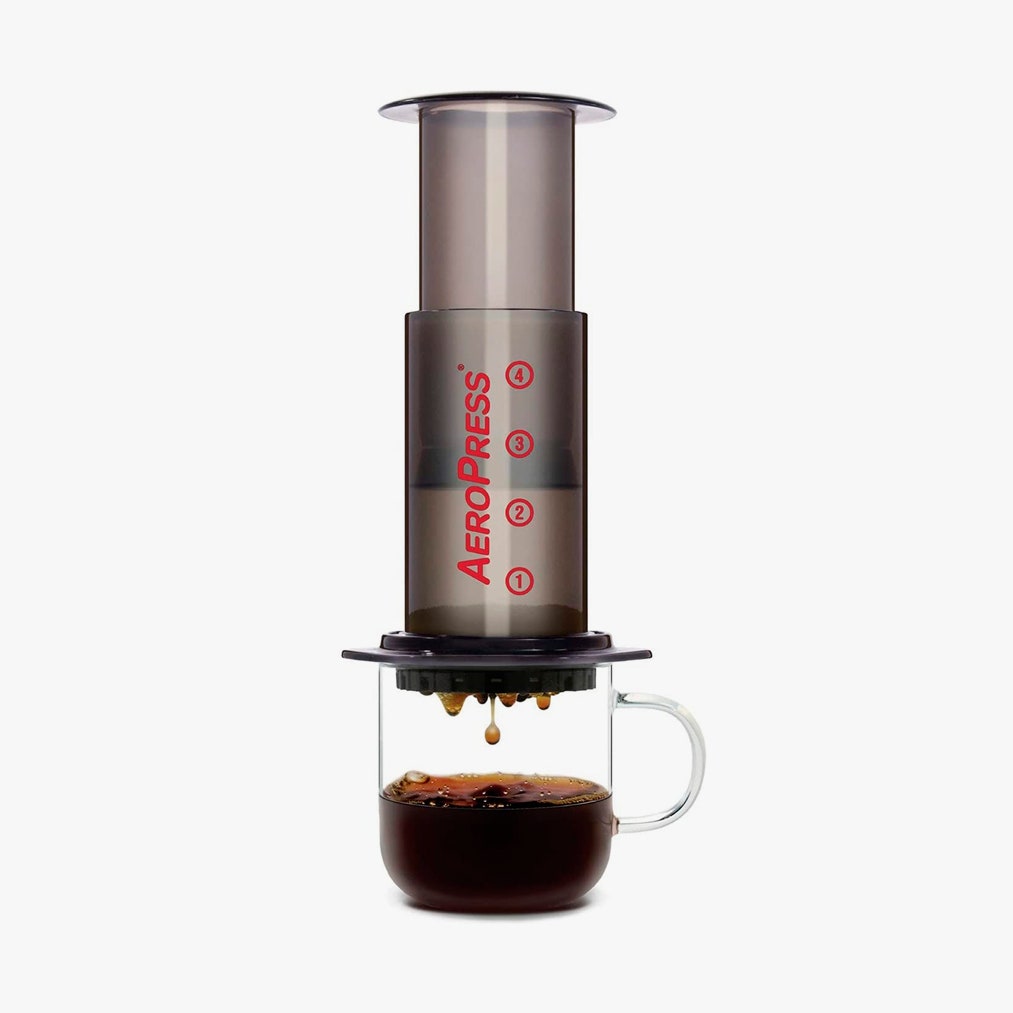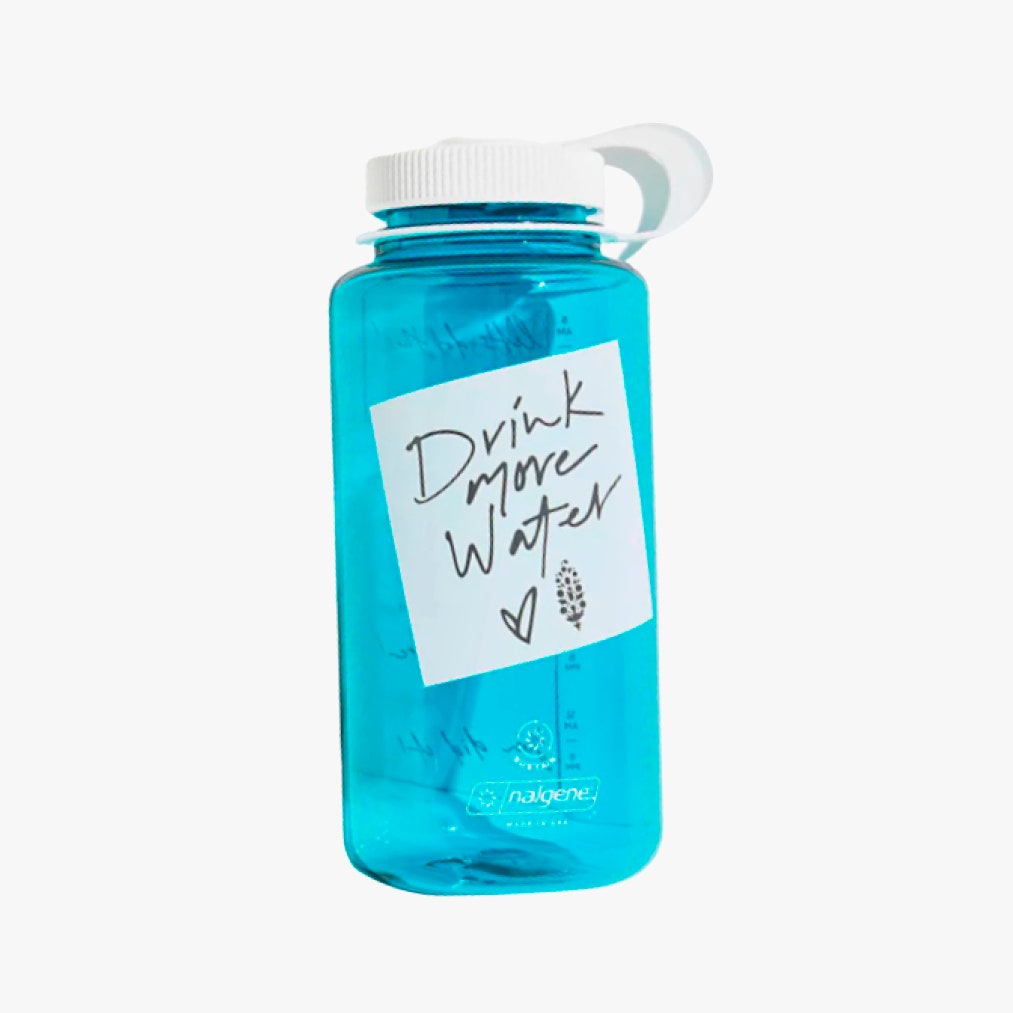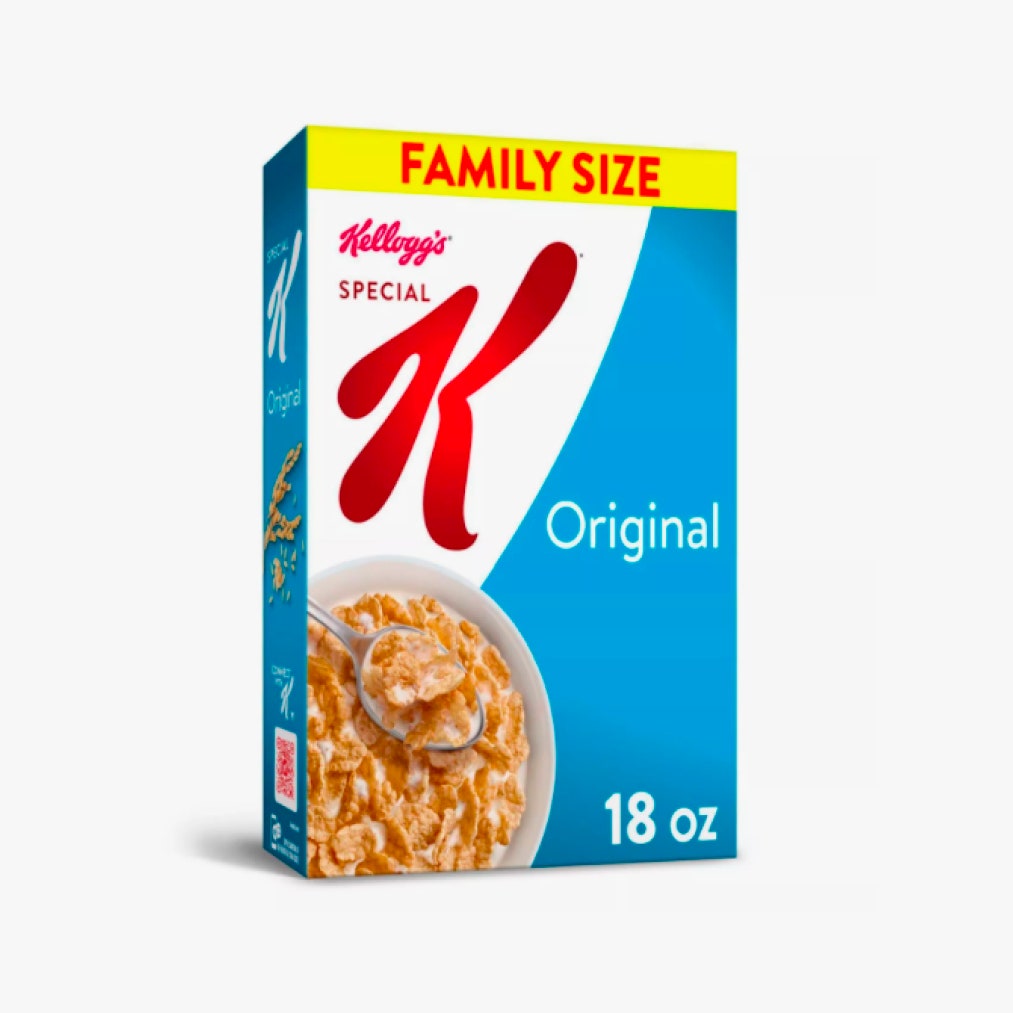A fencing world champion, Holmes is focusing on mind and body fitness while “hunting for gold” at her second Olympics in Tokyo.

Olympic Fencer Kat Holmes Shares Her Keys to Cultivating Focus
“Today is my birthday, yeah,” Kat Holmes admits over a Zoom call from Iwakuni, Japan, where she’s prepping at a military base ahead of the Tokyo Olympics. She’s not planning a party, though—the dream celebration looks like a win. Now 28 and fencing since age 9, Holmes is used to attention on a global scale. In 2008 she was a Sports Illustrated “Kid of The Year” finalist. A decade later, she brought the first taste of victory to the U.S. Women’s Epee Team world championships. Today, Holmes is “hunting for gold.”
After training for so long in isolation, Holmes considers the moral support from her mom “essential to my Olympic qualification process,” though Japan’s spectator-free games won’t be a huge change. “Nobody watches fencing!” she laughs of the atmosphere around what she’s referred to as “the chess of sports.”
For a sport that’s dependent on a combination of physical and mental strength, Holmes has an advantage beyond her strategically “swole” stature: She’s studied the mind. With a neuroscience degree from Princeton, Holmes will start at Icahn School of Medicine Mt. Sinai next year (she just moved to New Brunswick with her boyfriend, who’s in a PhD program at Rutgers) and works mental endurance exercises into daily life. She’s operating from a winner’s perspective of abundance, rather than a fear of loss. “I’m a very routine-oriented person,” she says. “Some of it’s ritual—coffee and meditation and stuff—but a lot of it is also making sure that throughout the day, I'm doing those little things to help me be the best that I can be.” Here, a glimpse of what that looks like for an American athlete tuned to her specific frequency on the fencing strip.
Drink Your Water—And Your Sleep
I’m more of a morning person. Definitely the first thing for me is coffee: coffee in and of itself is a ritual. It’s a little bit harder when I’m abroad, but when I’m at home I do AeroPress. I measure out 18 grams of ground coffee and vary the grind depending on the bean. I have a couple of local coffee shops where I get my beans—shout out to Rojos in Princeton—then I do my 200ml of water. So, coffee is a very important start to my day, and hydration as well. I’m all about the hydration. I have two water bottles with me at all times. I try to drink a minimum of six liters a day. I train in New York City a couple of days a week at a couple of different places. I represent the New York Athletic Club, they've been closed due to COVID, so I’ve been fencing a lot at Fencers Club. The practices run pretty late, and I often don’t get home until like, 11:30 at night because of the train schedule, then I’m up at 6:30 in the morning. I sleep like the dead. Seriously, I can sleep anytime, anywhere. During the week I normally sleep for seven and a half hours. To be honest, I’m not a big nap fan—I actually feel a little bit groggier. I prefer liquid sleep, or coffee. It’s what I call it in my head, I guess, but “liquid sleep.”

AeroPress Coffee and Espresso Maker
$30AEROPRESS
FP Movement x Nalgene Drink More Water Bottle
$22FREE PEOPLETrain for Mental Endurance
“I meditate for ten minutes every morning. I've done that since I was a senior in high school—it really helps start me off on that right note and kind of really center me. The same way I train for fencing in a physical way, it requires a lot of focus, and so meditation is really a way to practice that focus in that mental endurance way that I really do view as practice. It is healthy, it makes me feel better and at peace. But also, really, I can sense it from the beginning of the season—when I get into that meditative practice—how that mental endurance really continues and builds and gets stronger.”

Headspace Meditation App
$13HEADSPACEMaintain a Winner’s Perspective
“Another piece that I think is really important is imagery and visualization. I do a lot of visualization of different opponents that I will face, also seeing myself on the medal podium, seeing myself getting a gold medal. Because I think there’s a subtle dichotomy between knowing you can do it and believing you can do it. Believing has that emotional salience. Sometimes you’re able to do things just going into it, but I think really believing you can do it and having seen yourself done it before gives you that inner confidence to go out and do it. So that’s another huge part. I do that both sitting or laying down, and also will do footwork where literally my coach is saying different opponents and different situations and I’m there physically moving and visualizing against my opponent. It’s something that we’ve integrated very strongly into my practice.”
Maximize Physical and Social Resources
“Working out in some form—sometimes it’s a short ten minutes of stretching and core, preferably it’s doing some heavy deadlifts—that’s really how I feel I get my mind and my body right. I like that to be my first practice of the day. It helps get me primed and energized—I’m all about getting in that lift. It was very demotivating during the pandemic. Working out had always been social, I was in the gym with my coach, with my friends—it was super fun. Then I was lifting in my apartment with basically Home Depot buckets filled with sand. I was getting it done, but I was like, ‘I kind of hate this.’ I’ve been using the Future app during the pandemic to stay swole and keep sharp in many ways. My strength coach from Princeton started working with Future, and he was like ‘You’ll love it, come join.’ It really facilitated so many of my goals in terms of focusing my workouts, and because it has a heart rate monitor through an Apple watch they send you attached with it. I was able to look at my heart rate when I was fencing and competing, and then really try to replicate and match that during my workouts so I could make my strength and conditioning as tapered to fencing as possible. It’s a platform that’s really applicable to everybody, if you can only do bodyweight exercises in a room, or you belong to a full blown gym and have access to whatever equipment is available in the universe. Matt Fleekop, he’s my Future trainer, and [my cat] Trainer Tiger is the enforcer. Matt talks to him, and then Trainer Tiger judges everything I do—and believe me, I’ve never done anything up to his standard.”

Future Fitness App
$19FUTUREEnjoy a Place of Abundance
“One of the things that they say in sports is that if you’re coaching somebody and you’re trying to give them advice, never say ‘Don’t do this,’ because it’s kind of like a pink elephant. Say ‘Don’t think of a pink elephant!’ and it’s there in your mind. It’s not so much that I try not to do certain things, I just try to do all the right things. Eat right. Sleep right. Hydrate. I don’t drink alcohol super close to a tournament. For protein, I drink at least 200 grams a day. It just helps me feel really strong in my lifting. Then in my life, I’m going to do what I need to do to get myself in the best situation to win. Low key, the best part of being a high-level athlete training six to eight hours a day is you get to eat 3,000 or 4,000 calories a day. It’s the best part. It’s truly glorious. Some find it horrifying the sheer quantity I consume. It's not unheard of for me to eat a whole box of cereal in a day. I like to break it up so I’ll have four giant bowls throughout the day—it’s phenomenal. My dad was really fundamental in getting me involved in sports, and when I was little, he’d be like, ‘Alright, if you can make ten free throws in a row, we’ll get a Slurpee. If you pass the ball back and forth a hundred times without dropping it, you can get an ice cream.’ Food is always the way to get me to do anything.”

Earth Fed Muscle Whey Back
$60EARTH FED MUSCLE
Special K Original Breakfast Cereal
$4KELLOGG'SThis story originally appeared on: Vogue - Author:Arden Fanning Andrews

















